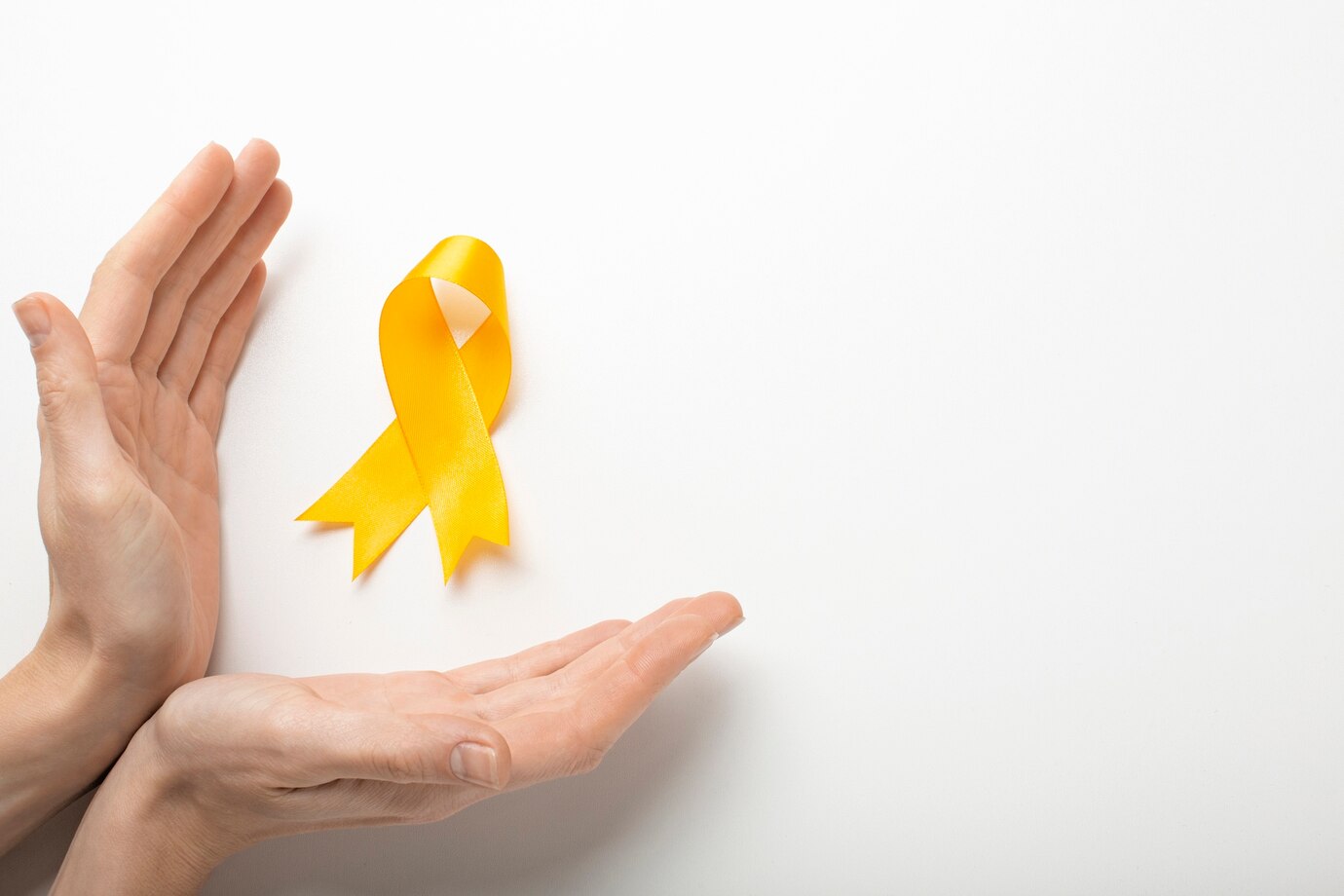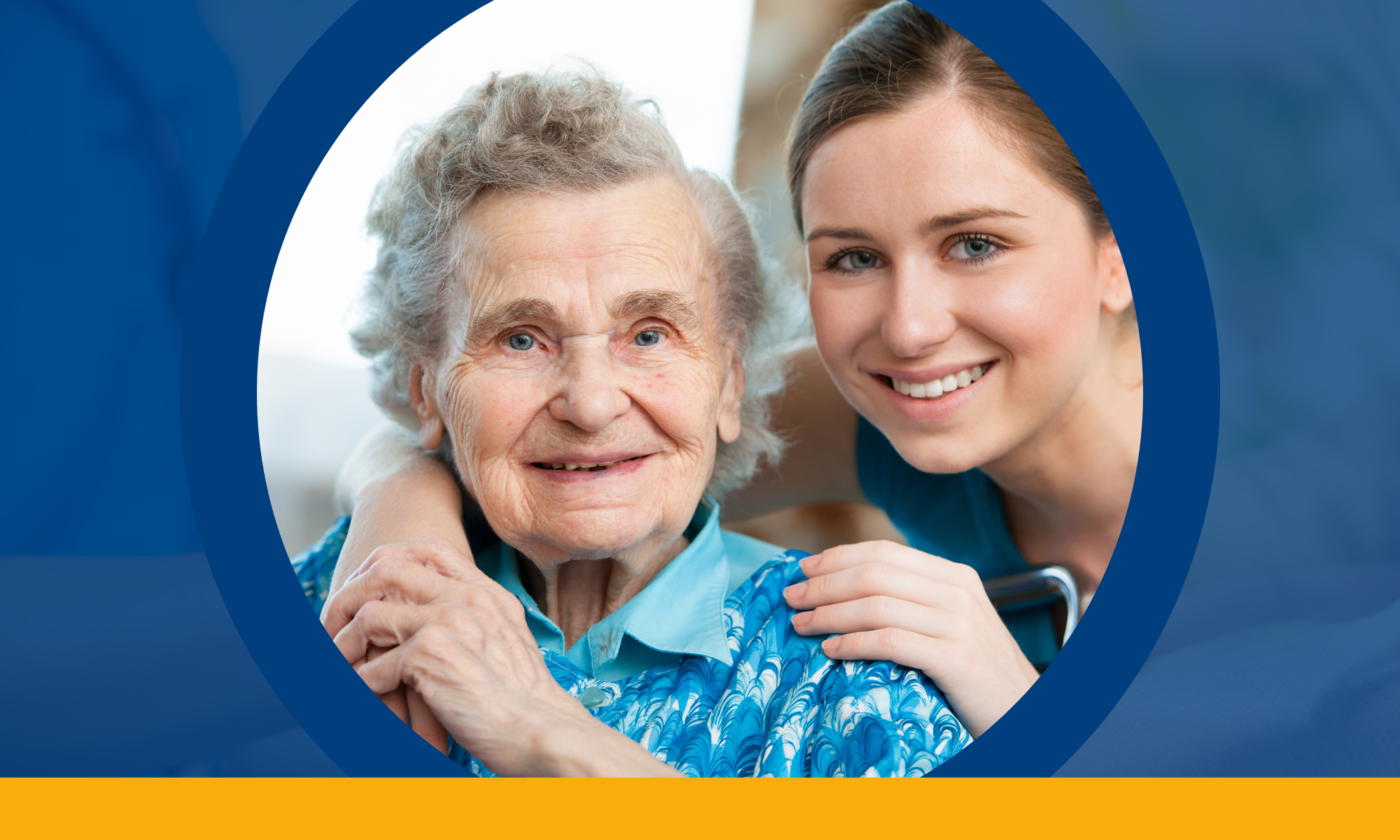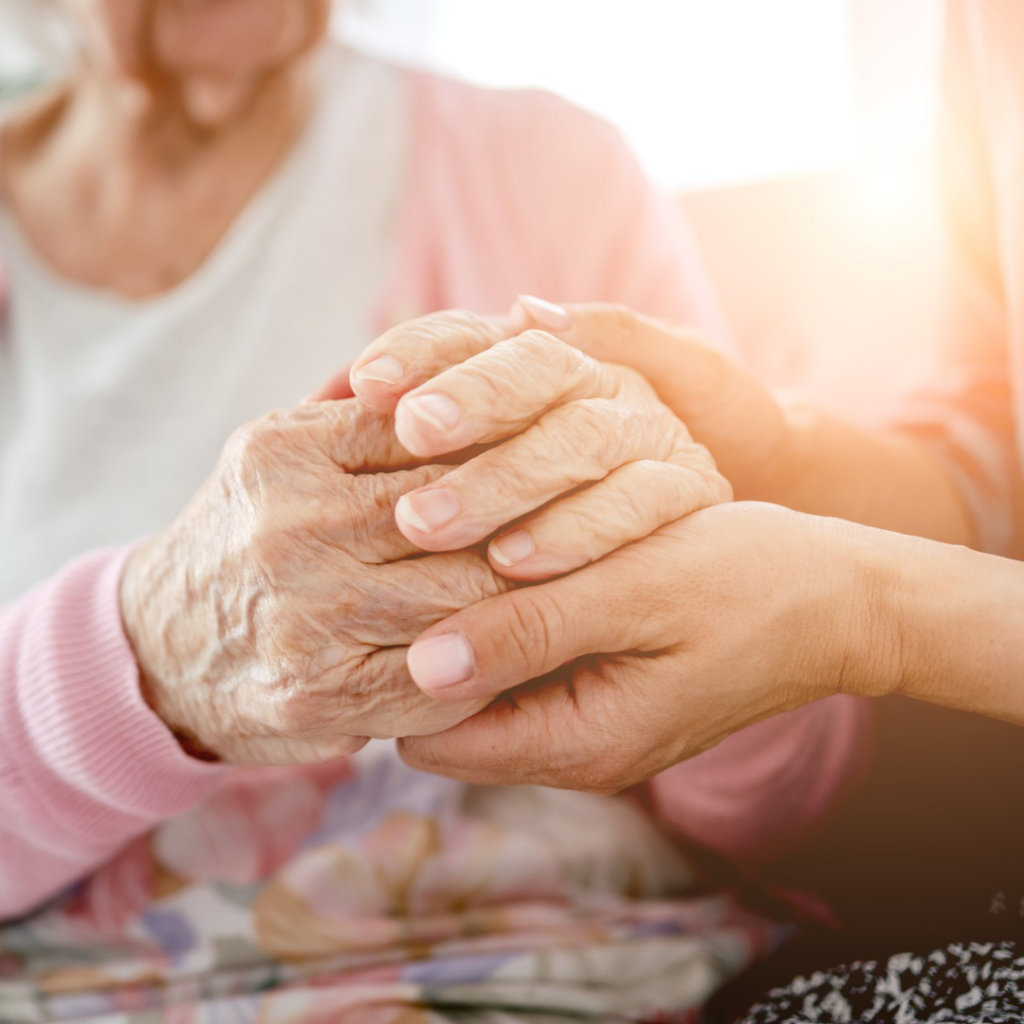Cancer Survivors Awareness Day
Cancer Survivors Awareness Day is dedicated to celebrating the strength and bravery of individuals who have overcome cancer. It’s a day that recognises their journey and offers support to those still battling the disease. Cancer survivorship is something to be extremely proud of and demonstrates a difficult period in an individual’s life. There are many ways to support this cause including fundraising and sharing stories. Myhomecare spoke to our very own cancer survivor and heard her inspiring story. With the right people and the right care, the challenges faced can be overcome together.
Myhomecare’s Inspiring Story
Client Care Manager- Cliodhna O’Connell

This is my personal story of my journey with breast cancer.
One evening seven years ago, at the age of 48, I found a lump in my right breast. The following day I went to the doctor who referred me to a consultant for a biopsy. I had the procedure that day and waited 2 weeks for the results. To distract myself I went to France on holidays with my husband. When I returned, I received my results. I knew it was not good when I was taken into a room with couches to sit down. Unfortunately I was right and the results were not good, the cancer had travelled to my lymph nodes. This meant I would require a much larger operation than I had expected.
This was a very scary time, but my husband and family were amazing. The following week I had my operation and stayed in hospital for 7 days. A month later I received an appointment to go and meet the chemo nurses. I have to say I found this day very difficult as I had to walk through the room where people were getting their treatment, and I knew next week this would be me. I had 16 weeks of chemo and on the 3rd week I lost my hair, this was very tough. I finished on the 16th of December. I cannot speak highly enough of the staff in the hospital, they were amazing. I then had a break from this treatment for about a month, which was fantastic and gave me some time to rest.
Radiotherapy began for 3 months which was less daunting in comparison to the first round of treatments. I was very lucky that through all of this, my employer Declan Murphy facilitated me to continue to work as I could not afford to not work.
After this long journey I am now 6 years cancer free. Hopefully by sharing my story it will benefit those who have survived cancer as well as those who are going through it.
The Importance of Cancer Survivorship Day
There is an increasing number of individuals who are living beyond cancer because of the progress made in cancer research today. This is creating a need for celebration for these improved treatments that have contributed to higher survival rates and a better quality of life for survivors.
Cancer survivorship represents triumph over the disease and the challenges that come with it. It is a day that promotes awareness about the ongoing needs of survivors and the importance of continued support and care. They may face many challenges, such as physical or emotional side effects and the need for ongoing medical care. Awareness provides a platform for survivors to connect, share their experiences and find support from a wider community.
The number of cancer survivors is projected to grow to 26.0 million by 2040.
Oncology Care with Myhomecare
Myhomecare provide specialised Oncology Care carers and Oncology Care nurses to assist individuals with cancer and their families. A member of our team can offer you support and advice 24 hours a day, 7 days a week, 365 days a year.
The delivery of oncology care focuses on the physical, psychological, social and spiritual needs of the individual and providing the best quality of life possible for both the individual and family.
Contact Myhomecare today for more information.
How to Support Cancer Awareness
There are many ways to support cancer awareness. Fundraisers are an enjoyable way to raise money for cancer research. By spreading personal experiences of cancer it can encouragement and support others going through it. There are also other forms of support in relation to organisations that offer guidance to those affected.
Other Forms of Support
The Irish Cancer Society are a community who help individuals affected by cancer. They offer information about support services as well as an online community where individuals can share their stories about cancer and get advice.
The Marie Keating Foundation provides vital information, advice and support on the signs and symptoms of cancer as well as help to prevent cancer or detect it at its earliest stages. The Marie Keating Foundation’s Survive and Thrive workshops and seminars have been created to help men and women who have finished cancer treatment to adapt to the ‘new normal.’
ARC Cancer Support Centres provide psychological, emotional, educational and practical support in a warm and welcoming environment to people with cancer and those who care for them.
By acknowledging survivors of cancer, it creates a supportive environment to everyone affected by this disease. Whether that is a family member who has witnessed their loved one go through it or if it is someone who is currently going through cancer treatment. There are many ways to raise awareness and every individual has the right to tell their story as a way to encourage others to stay strong and overcome the challenges they may face. Creating a secure environment where survivors can unite, narrate their tales, and derive solace and motivation from each other’s experiences is vital in standing strong together.
If you would like more information about Myhomecare’s services























